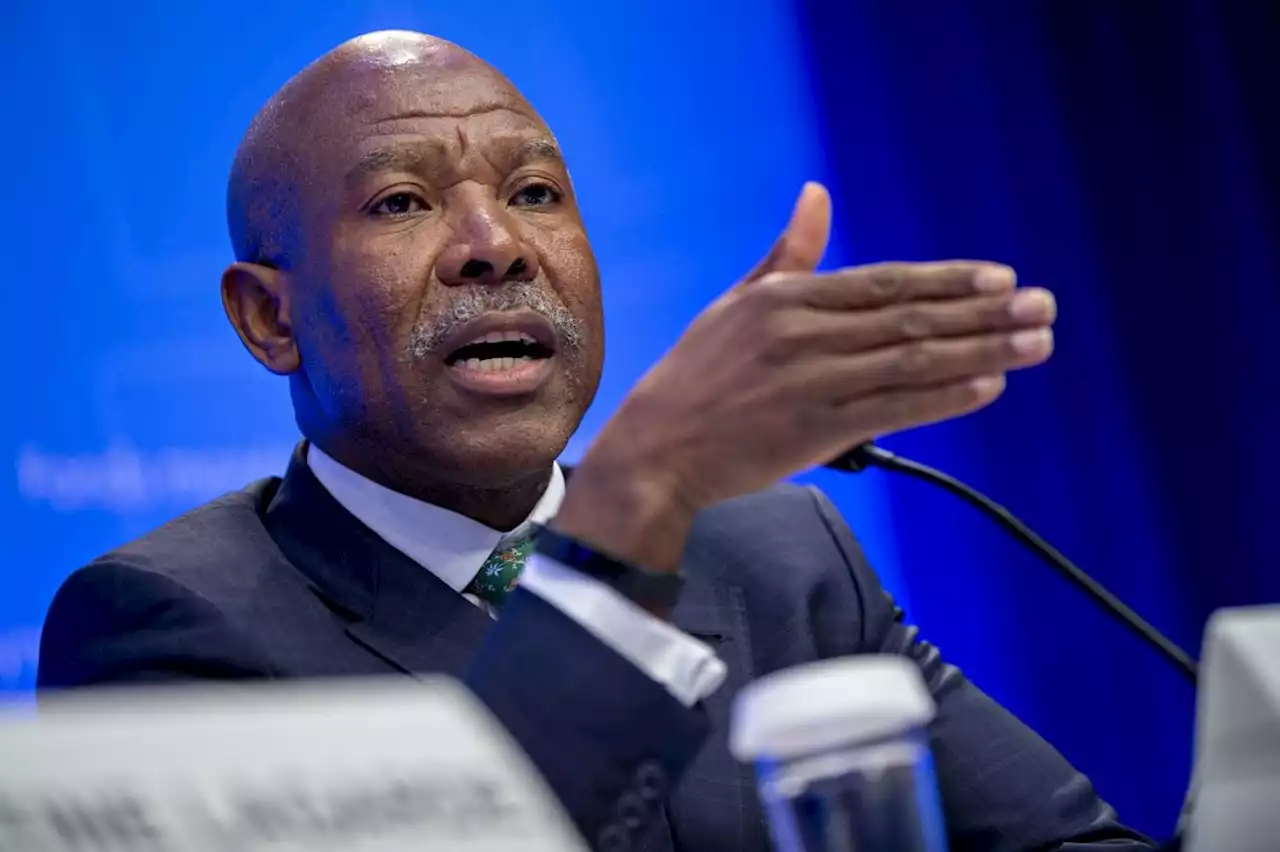The SARB will face parliament over Phala Phala report; Tutuka station to start bringing units back online; Agriculture is buckling over minimum wage increases; and Capetonians revolt over electricity tariffs.
The South African Reserve Bank could be in the firing in Parliament over its report on Phala Phala, which has been accused of shielding President Cyril Ramaphosa with what was called a ‘whitewashed report’ on the matter. [ Electricity Minister Kgosientsho Ramokgopa is confident that two units at “perennial underperformer” Tutuka power station will come back onstream in September.
“Unless the increases of the minimum wage in the agricultural sector are aligned with inflation, there is a real risk of the agricultural sector contracting with devastating effects for employment in the sector,” it said. The sector grew by 17.8% in 2020 but only 7.4% in 2021 and a marginal 0.9% in 2022. [ In the face of protest action on 26 August, the City of Cape Town fiercely defended its 17.6% increase in electricity tariffs, which exceeded the 15.
South Africa Latest News, South Africa Headlines
Similar News:You can also read news stories similar to this one that we have collected from other news sources.
 | Phala Phala: The silo effect as a tool of obfuscationNot one institution has the comprehensive mandate to unpack the entire saga. This piecemeal approach means South Africans may never get a full, clear view of what happened at Phala Phala, says Khaya Sithole.
| Phala Phala: The silo effect as a tool of obfuscationNot one institution has the comprehensive mandate to unpack the entire saga. This piecemeal approach means South Africans may never get a full, clear view of what happened at Phala Phala, says Khaya Sithole.
Read more »
 | Was Phala Phala cash a bribe?The obvious possibilities include money laundering, a far more serious criminal offence than foreign currency control violations, writes Songezo Zibi.
| Was Phala Phala cash a bribe?The obvious possibilities include money laundering, a far more serious criminal offence than foreign currency control violations, writes Songezo Zibi.
Read more »
 EFF to take SA Reserve Bank's Phala Phala report on judicial reviewThe EFF says it will take the Reserve Bank's Phala Phala report on judicial review. This comes after the bank cleared President Cyril Ramaphosa in its investigation into Phala Phala.
EFF to take SA Reserve Bank's Phala Phala report on judicial reviewThe EFF says it will take the Reserve Bank's Phala Phala report on judicial review. This comes after the bank cleared President Cyril Ramaphosa in its investigation into Phala Phala.
Read more »
 4 new trends shaking up business travel in South AfricaPower cuts and stubbornly high inflation has changed the travelling habits of business professionals in South Africa.
4 new trends shaking up business travel in South AfricaPower cuts and stubbornly high inflation has changed the travelling habits of business professionals in South Africa.
Read more »
